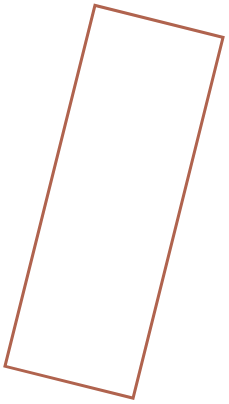RESEARCH/ PROJECT 2.2
LEGAL INSTRUMENTS OF CULTURAL PRACTICE AND DIGITAL TRANSFORMATION
Digital technologies and devices have offered new opportunities for cultural entrepreneurs and challenged the applicability of legal regulations in many ways. This project examines the problem-solving ability of copyright in dealing with the daily practices of artistic creation, with a focus on Nigerian music.
Copyright is generally studied from the perspective of its applicability and enforcement. International copyright law, with its concept of the exclusive property of an identifiable owner, is a market economy institution. It promotes the judicialisation of creativity, involving expensive bureaucratic procedures and furthering the commercialisation of cultural products. Different from this approach and with a focus on Nigerian popular music, this project studies how cultural entrepreneurs deal with legal regulations and what solutions they have found to sustain their activities. It examines copyright from the perspective of the daily practice of artistic creativity, which in many ways appears more complex and varied than what copyright law provides for. It is interested in the blurring and grey areas that are conceptually under-theorised and only partially covered and defined by law. These include questions of determining similarity and originality; exclusive property, unowned and common cultural goods; as well as the widespread artistic practices of imitation, quoting, recombining, sampling, and improvisation. The project also examines the institutional environment in which cultural entrepreneurs work together with other stakeholders in the cultural industry who are often involved in advising politicians and lawmakers. To understand the specific situation for cultural entrepreneurs in Nigeria it will be important to be aware of national differences in the recent adjustments and implementations of copyright law to cope with digital transformations, and the travelling of cultural products into other legal spaces by digital means and migration.
Copyright is generally studied from the perspective of its applicability and enforcement. International copyright law, with its concept of the exclusive property of an identifiable owner, is a market economy institution. It promotes the judicialisation of creativity, involving expensive bureaucratic procedures and furthering the commercialisation of cultural products. Different from this approach and with a focus on Nigerian popular music, this project studies how cultural entrepreneurs deal with legal regulations and what solutions they have found to sustain their activities. It examines copyright from the perspective of the daily practice of artistic creativity, which in many ways appears more complex and varied than what copyright law provides for. It is interested in the blurring and grey areas that are conceptually under-theorised and only partially covered and defined by law. These include questions of determining similarity and originality; exclusive property, unowned and common cultural goods; as well as the widespread artistic practices of imitation, quoting, recombining, sampling, and improvisation. The project also examines the institutional environment in which cultural entrepreneurs work together with other stakeholders in the cultural industry who are often involved in advising politicians and lawmakers. To understand the specific situation for cultural entrepreneurs in Nigeria it will be important to be aware of national differences in the recent adjustments and implementations of copyright law to cope with digital transformations, and the travelling of cultural products into other legal spaces by digital means and migration.

RESEARCH METHODS
The project works primarily with ethnographic methods, including interviews with individuals and groups and participant observation, by paying special attention to the perspective of the cultural actors in the field of Nigerian popular music and their perception of copyright law. These methods are supplemented by the analysis of digital content and legal regulations. Discussions in interdisciplinary workshops and conferences will contribute to the conceptual clarification and comprehension of under-theorised areas of study related to copyright regulations.

